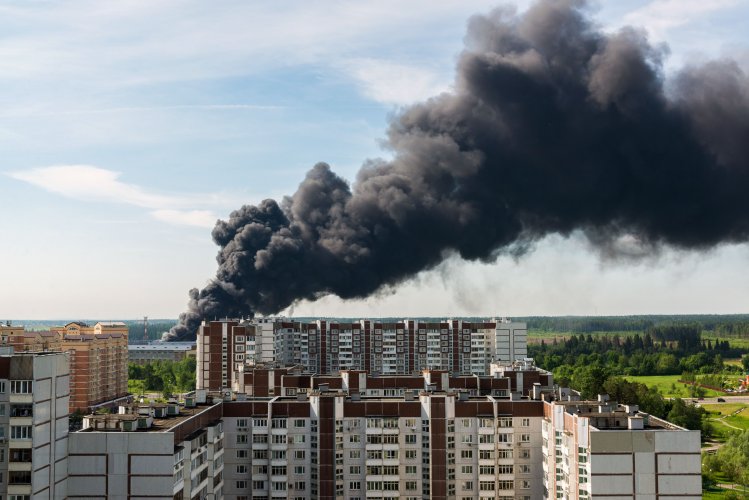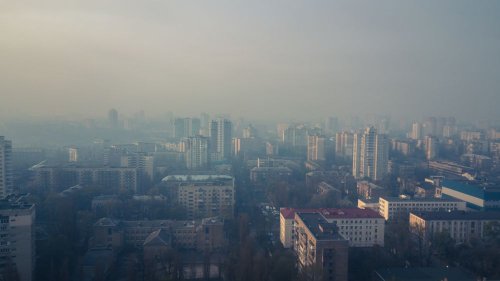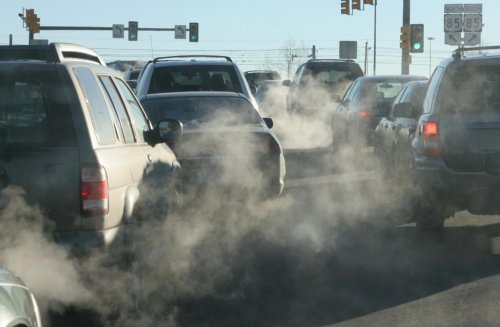Russia's large-scale invasion has already caused 175 million tons of greenhouse gas emissions. The climate damage caused by this pollution is at least $32 billion.
These calculations are provided in a press release received by EcoPolitic by the experts of the Initiative for Accounting for Greenhouse Gas Emissions from War.
They report that in the first 12 months of Russia's full-scale invasion of Ukraine, it emitted 120 million tons of carbon. During the 24 months of the great war, emissions continued to grow and now total 175 million tons of carbon. This exceeds the annual emissions from a highly industrialized country like the Netherlands and is comparable to the use of 90 million gasoline cars on the road, or the construction of 260 coal-fired power plants of 200 MW each.
"While the world is trying to reduce carbon emissions to avoid a climate crisis, Russian aggression is leading to significant additional emissions. More than a third of these emissions occur outside the borders of Ukraine, confirming that the impact of Russia's war on the environment knows no borders," says the lead author of the report, Lennard de Klerk.
Experts point out that the impact of war on the climate increases every month due to fighting, fires, destruction of infrastructure and other direct and indirect effects. And large-scale attacks on the Ukrainian electricity grid have led to many uncontrolled leaks of SF6 (sulfur hexafluoride), a greenhouse gas more powerful than carbon dioxide, methane and nitrous oxide.
“Military operations account for almost a third of estimated climate damage, as military operations require huge amounts of equipment, munitions and explosives, the production of which is very carbon-intensive, as well as large amounts of fuel, which lead to indirect and direct greenhouse gas emissions. In addition, the impact of military supply chains on the climate is not sufficiently studied, and the actual damage to the climate may be even greater," comments the co-author of the report, Mykola Shlapak.
Experts have warned that Russia's harmful effects on the climate will continue even after the war ends, as rebuilding damaged and destroyed infrastructure will be a major source of emissions. They are largely related to the production of cement and steel and, according to forecasts, will account for as much as 56 million tons of carbon dioxide.
Therefore, experts call for reconstruction planning to take these emissions into account and implement more ecological and climate-friendly practices that will reduce them.
Earlier, EcoPolitic wrote, that a study by carbon accounting experts showed that war in Ukraine is deepening the climate crisis.





